New York, New York (1977)
“I want to stay here and annoy you.”
|
Synopsis: |
|
Genres:
Response to Peary’s Review: I can’t relate to or agree with Peary’s follow-up comments: “… don’t forget that Minnelli does her part to break them up: leaving him behind to run off with a band, leaving his band when pregnant although that will cause its ruination: … accepting a record contract although not bothering to tell him or wonder how it will affect him when he’s so down on his luck: … and, finally, not coming back to him when he’s doing well also. He does bad things — she is the villain.” Hold the phone, Peary. De Niro’s character is a pushy, womanizing schmuck from the moment he enters the screen, and doesn’t let up. Minnelli allows herself be swayed by his persistence and ignores signs of abuse until she’s finally had enough, and rightfully frees herself from his clutches to pursue her own career and motherhood. Her success is to be celebrated, as is her tolerance of De Niro near the end (he’s still a jerk), regardless of her ultimate choice. Peary writes that the “acting by the two leads is wonderful” and that “the tear-jerking scenes result from De Niro revealing his sensitivity”, but none of this matters given that we’re watching deeply unpleasant power plays for nearly three hours. What remains impressive are the cinematography, sets, and songs, which are consistently stunning; the color palette alone makes this one worth sitting through, if you can handle it — and Minnelli’s in fine vocal form, as usual. Note: This film is discussed at length in Peary’s Cult Movies 3 book, where he asserts: “My feeling is that viewers appreciate New York, New York more the second time around because they’re better prepared for De Niro’s Jimmy Doyle… Because they know he is on a self-destructive path, they now can have sympathy for this man who can’t control himself, who can’t conform… Because they know Jimmy will be punished, it becomes easier to put up with his abrasive personality and callous, immature actions.” Maybe so, but I still have no intention of revisiting this one. Redeeming Qualities and Moments: Must See? Links: |
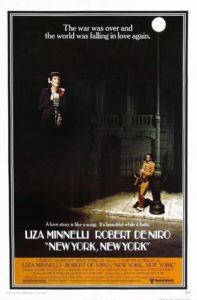
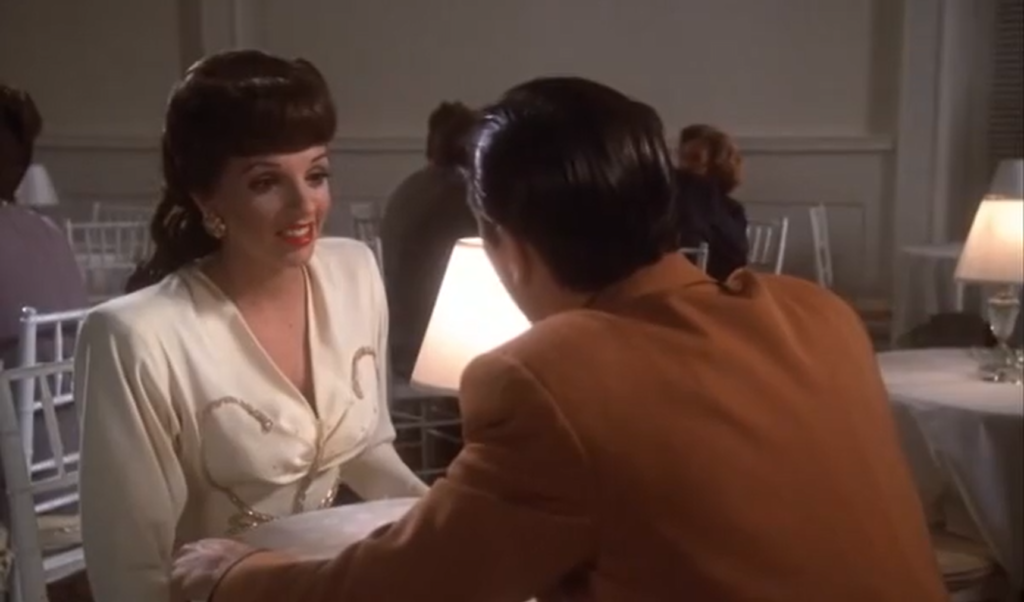
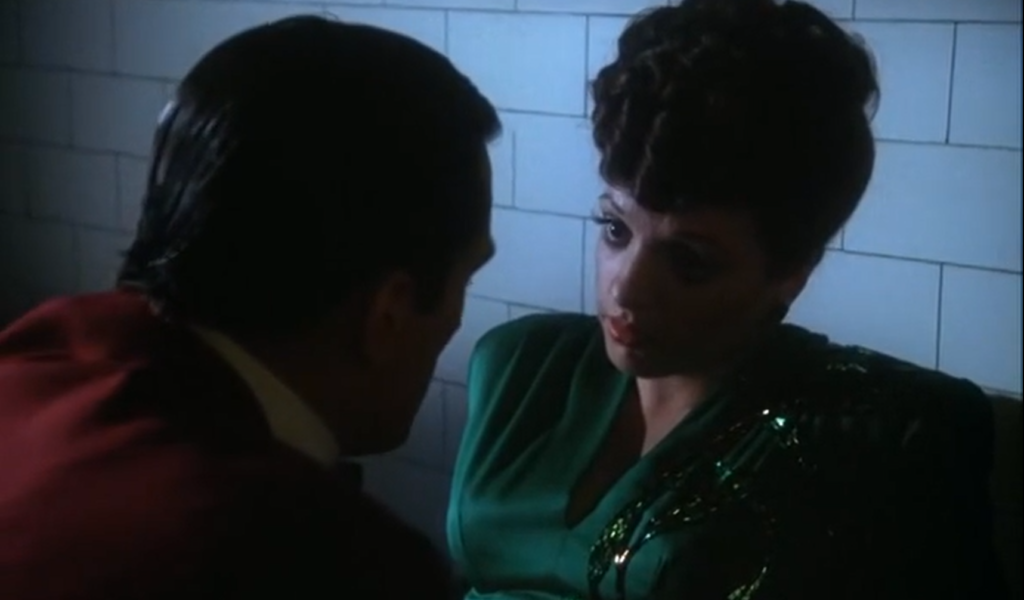
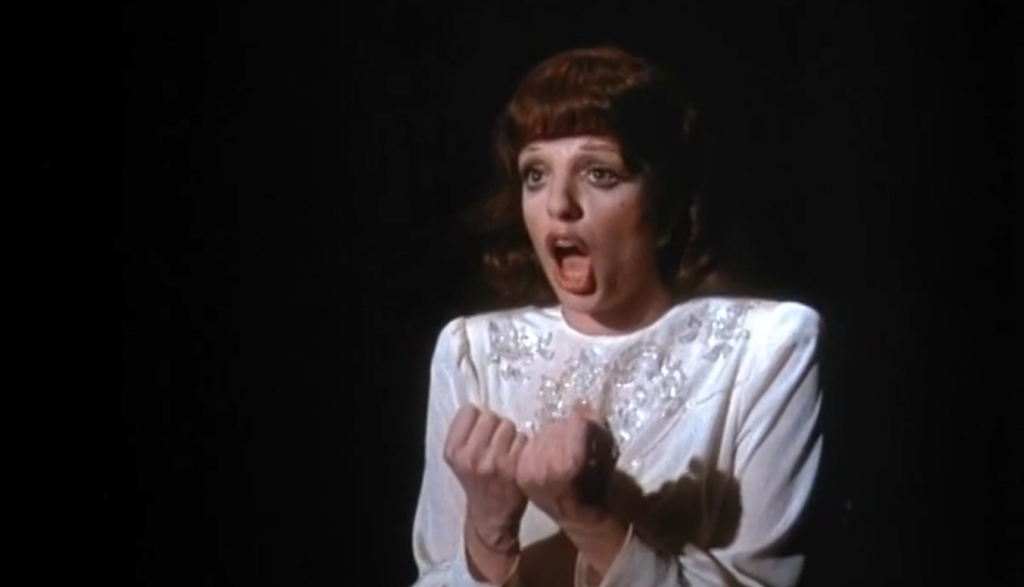
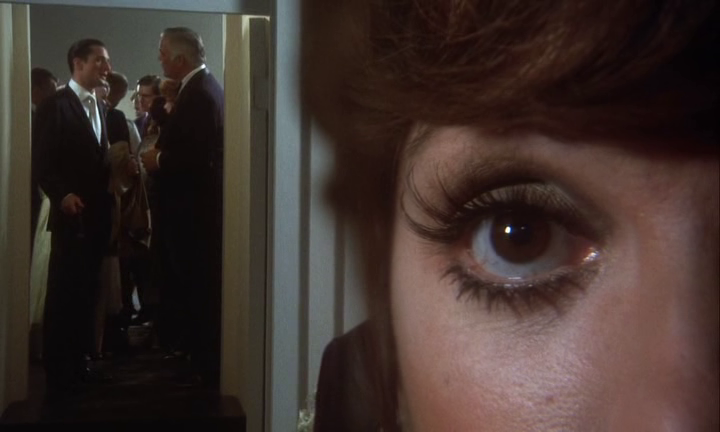
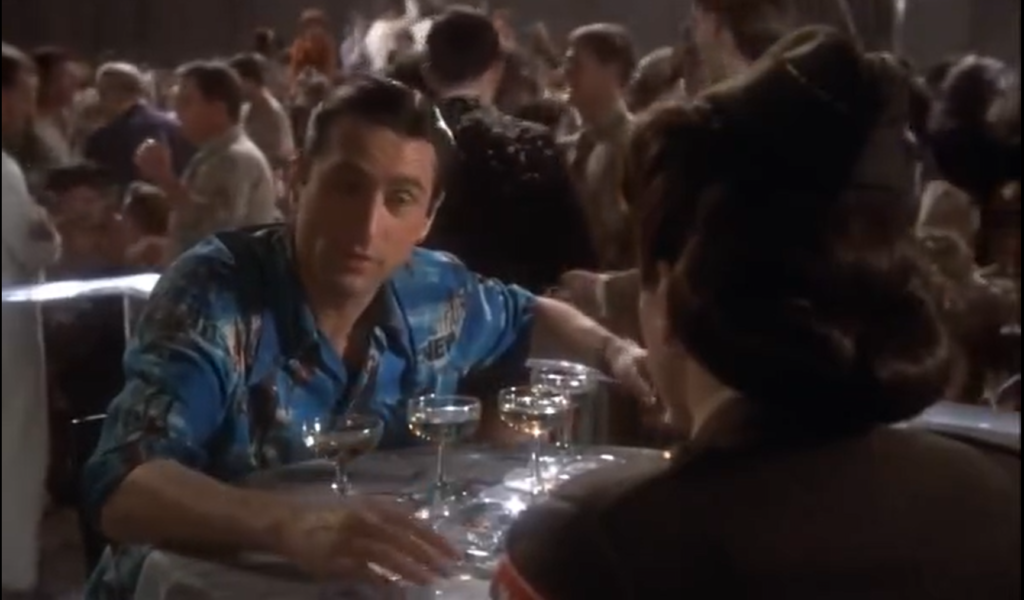
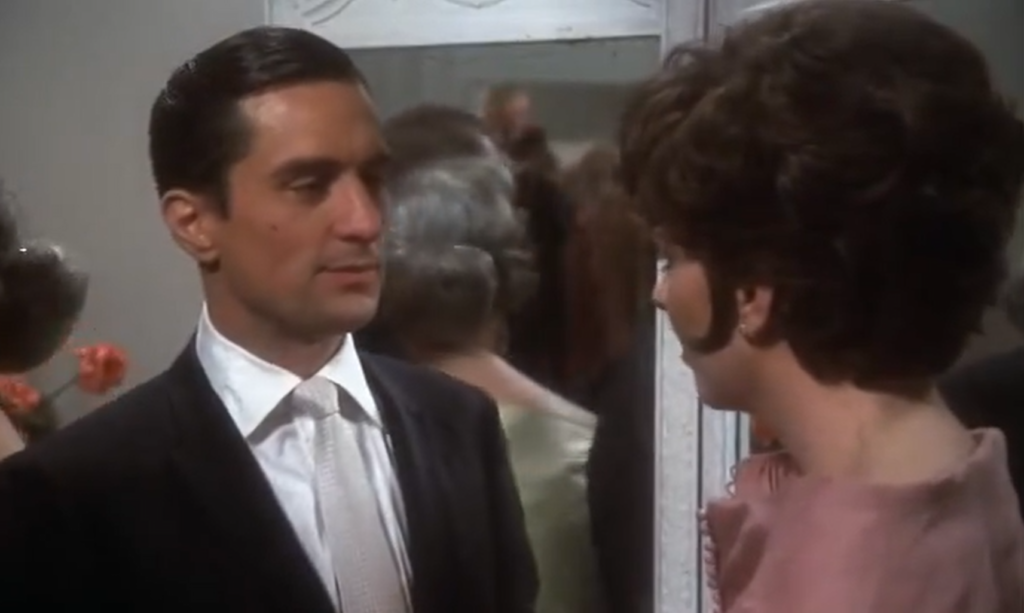
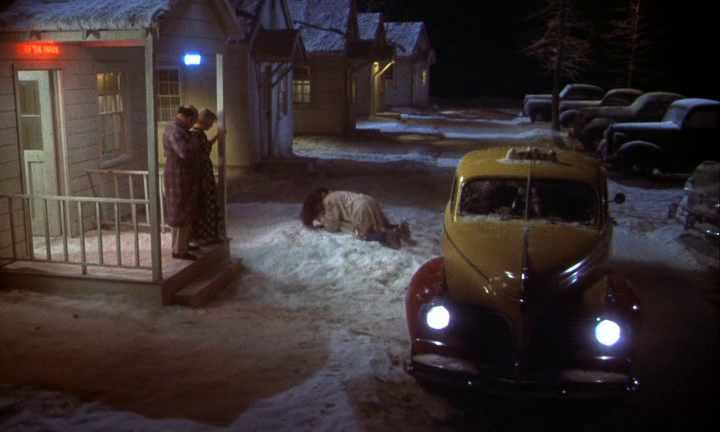
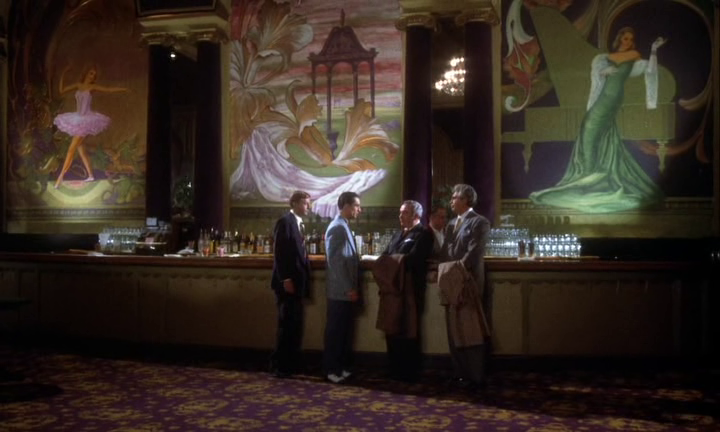
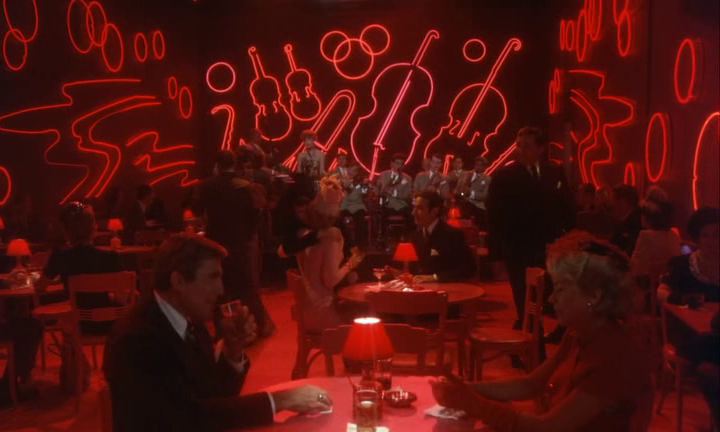
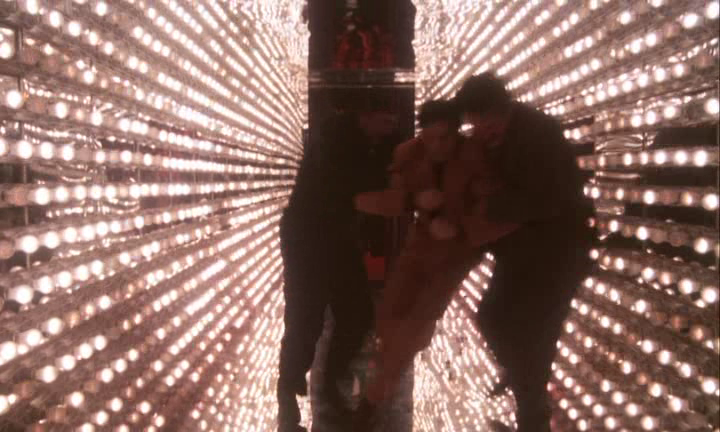
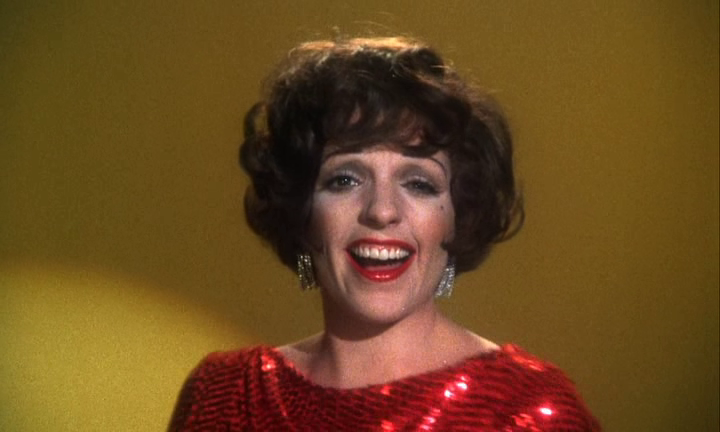
One thought on “New York, New York (1977)”
A once-must, as a unique film from a major contemporary director. As per my post in ‘Film Junkie’ (fb):
“What’s a ‘major chord’?”
‘New York, New York’ [blu-ray]: It can be difficult finding those who aren’t either indifferent about this movie or simply dislike it – mainly because of De Niro’s very unlikable character. ~which he is, he’s an asshole. I have a different take on the movie because I actually don’t pay much attention to De Niro here. For me, his Jimmy Doyle is only important in that he illustrates what seems to be one of the film’s main concerns: Why do people stay in relationships that are unhealthy? That’s not a common theme in a movie musical but it’s a situation that often plays out just like this – esp. when the two people are ambitious talents inadvertently in competition with each other (in terms of ‘who is succeeding faster?’). Standard musical films of the ’40s (when ‘NY, NY’ is set) would concentrate mostly on the music itself and usually avoid any kind of underbelly as to what was going on behind-the-scenes. But Scorsese is an underbelly director – so his interest goes to: how can people play and sing such wonderful music and yet allow themselves to wallow in nonsense otherwise?; what is it like to be members of bands that are always difficult to keep together?; how do you deal with ego – esp. when it’s out-of-control? To me, this movie is about people who have a rather easy time making art but a hard time with everything else. I recognize the types – but for the purpose of enjoyment (and aside from thinking this is some of Liza Minnelli’s best work), my focus goes elsewhere: the camerawork by DP Laszlo Kovacs, the consistently stunning production design by Boris Leven, the remarkable soundtrack (a splendid mix of wonderful standards and original songs by Kander and Ebb – the whole ‘Happy Endings’ sequence is a knockout, with spiffy choreography by Ron Field).